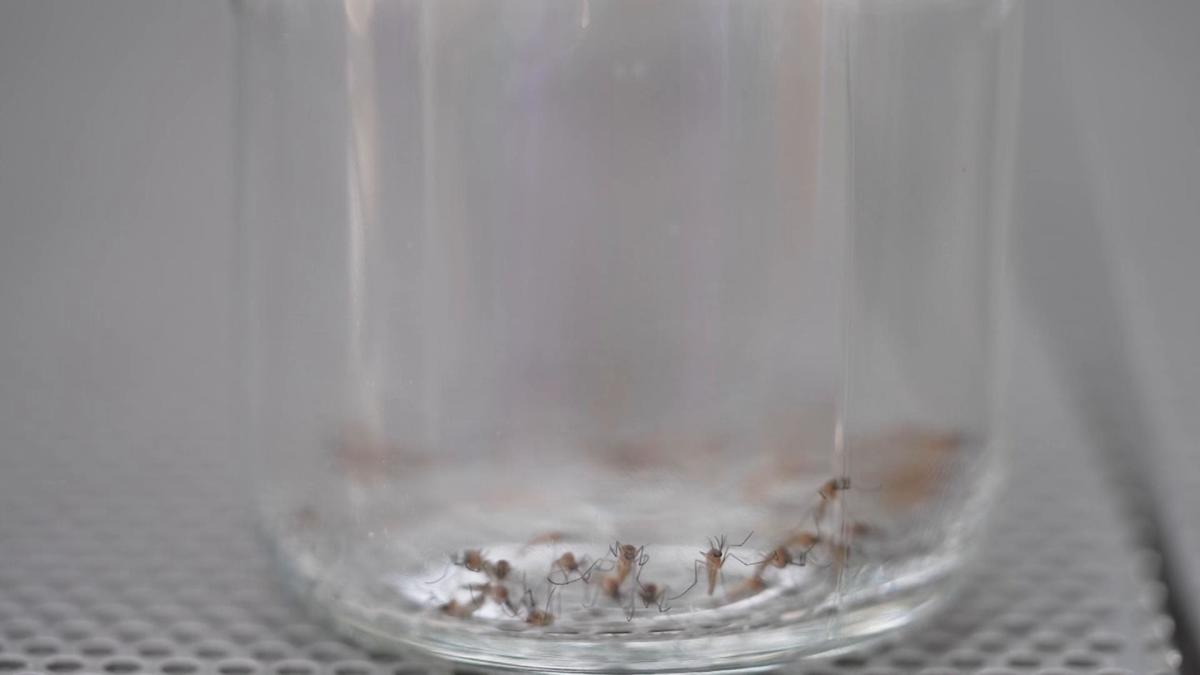Mosquito season is in full swing across the United States, bringing with it the risk of bug bites and diseases such as malaria, dengue, West Nile, and Zika. To protect yourself from these pesky insects, it's important to know what to look for in mosquito repellents. According to the Centers for Disease Control and Prevention (CDC), effective repellents contain active ingredients such as DEET, IR3535, picaridin, or oil of lemon eucalyptus. These ingredients create a barrier on the skin that mosquitoes cannot penetrate. In addition to using repellents, wearing long sleeves and pants, avoiding going out at dusk and dawn when mosquitoes are most active, and eliminating standing water can help prevent mosquito bites.
Mosquitoes need water to breed; therefore, getting rid of standing water like buckets or kiddie pools left undisturbed for a week or more can prevent mosquito breeding on one's property. Treating clothes and outdoor gear with the pesticide permethrin can also help ward off mosquitoes and other pests.
The CDC operates a mosquito lab in Fort Collins, Colorado, where it evaluates insecticides but not repellents. Insecticides are tested by coating the inside of a bottle with a given dose of an insecticide ingredient and observing the percentage of mosquitoes that die within two hours. Mosquitoes can develop resistance to certain chemicals, such as those in the pyrethroids class. The CDC is working with state and local officials to do more real-world field testing to monitor this resistance.
Thermacell and Mosquito Magnet offer tech-oriented solutions for mosquito protection. Thermacell Patio Shield creates a mosquito-free zone of up to 15 feet and lasts for up to 12 hours with one fuel cartridge. Thermacell MR450 Armored provides personal mosquito protection with a radius of up to 15 feet and lasts for up to 12 hours with one fuel cartridge. Radarcan R-100 Plus is a wearable mosquito repeller that uses ultrasonic sound and lasts for up to 10 months on one battery. Thermacell Backpacker provides mosquito protection for camping areas with a radius of up to 15 feet and operates for up to 90 hours using one gas canister. Sequoia Mosquito Warden MW covers an area of up to 1,100 square feet and attracts mosquitos using CO2 scent and light. Sayneep Solar Bug Zapper is a solar-powered bug zapper with a coverage range of up to 2,100 square feet and operates automatically in dim light. Mosquito Magnet MM3300B Executive uses CounterFlow Technology to attract, trap, and kill mosquitos in up to an acre of outdoor space.
People with blood type O have a higher risk of being bitten by mosquitoes than others due to certain proteins in their blood. However, sweat, body odor, and certain chemicals on the skin often play a bigger role than blood type in attracting mosquitoes. To prevent itching from mosquito bites, experts recommend applying ice or a cool compress to the affected area, taking an over-the-counter antihistamine to reduce swelling and itching, or using calamine lotion.
Stay informed about mosquito season and take the necessary precautions to protect yourself from these pesky insects. Remember that eliminating standing water is crucial in preventing mosquito breeding, and using effective repellents can help keep bugs away.



